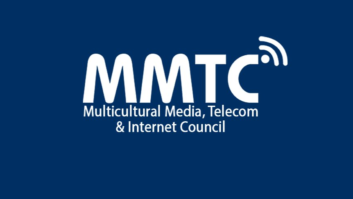Though bills aimed at lowering music royalties paid by Internet audio services have likely been introduced too late to receive much attention in this session of Congress, they set the stage for the issue to get more attention in the next session when lawmakers return to Capitol Hill in January.
Notably, Pandora, Clear Channel and the Consumer Electronics Association praised legislation introduced Friday by Utah Republican Rep. Jason Chaffetz and Colorado Democrat Rep. Jared Polis.
Oregon Democrat Sen. Ron Wyden introduced a companion measure in the Senate.
As we’ve reported, the Internet Radio Fairness Act seeks to level the playing field between the music royalty rates paid by Internet audio services, satellite radio and music services carried by cable systems. Internet audio services like Pandora say they pay higher music royalties because the current system exempts technology that came before them, like satellite radio, from paying higher rates.
Pandora has said it pays more than 55% of its revenue in royalty fees; that’s compared to between 7 and 16% paid by cable and satellite, according to Chaffetz.
While NAB stopped short of endorsing the measure, the broadcast lobbying organization said it “strongly supports legislative efforts to establish fair webcast streaming rates.”
Not everyone praise the concept. The musicFirst Coalition said passage of the act would take money away from musicians and help Pandora raise its revenues. The coalition represents recording artists, musicians and labels that lobby for performance rights.
We’ve reported the coalition supports a different Internet music royalty bill being drafted by New York Democrat Rep. Jerrold Nadler that would make cable and satellite radio stations pay higher royalty fees to artists and put cable and sat rad on the same royalty standard as Internet audio services.
Nadler’s draft bill would also make radio stations pay a higher fee for streaming their broadcasts over the Internet.











